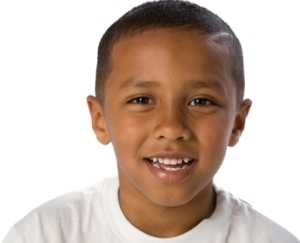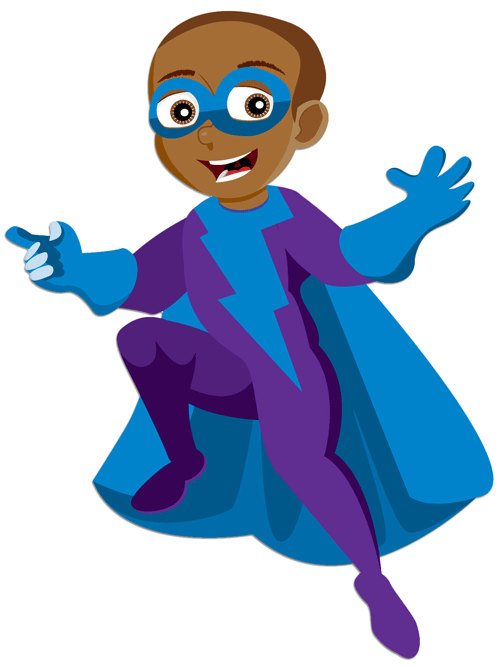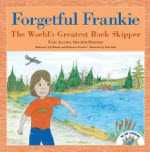What is fetal alcohol spectrum disorders (FASDs) and why is it important that I know about it?

What should you know?
Fetal alcohol spectrum disorders (FASDs) are a group of conditions that can occur in a person whose mother drank alcohol during pregnancy. These effects can include physical problems and problems with behavior and learning. Often, a person with an FASD has a mix of these problems. Let’s learn more…

Follow the 8 steps below for your Web Quest.
Step 1: See what you think about kids who may have FASDs. Take the Fact Checkup!
Step 2: Think about some questions to ask. Let’s see…
Step 3: Check out some quick facts.
Step 4: Check out some great websites to help you learn more.
Step 5: Find out about people you can read about to help with your Quest.
Step 6: Learn about movies and books that can give you information.
Step 7: Check out your school and neighborhood.
Step 8: Now see if your attitudes have changed. Take the Fact Checkup again.
Let’s see…
What is fetal alcohol spectrum disorders(FASDs) and why is it important for me to know about them? What does a kid with an FASD look like? Do we know what causes fetal alcohol spectrum disorders? How can fetal alcohol spectrum disorders be prevented?

Some things to think about…
- How are families affected by fetal alcohol spectrum disorders?
- How can I talk with my parents about fetal alcohol spectrum disorders?
- How many people in the United States have fetal alcohol spectrum disorders?
Can you think of more questions to help you in your Quest?
Click here to write them down so you’ll remember them as you move through this QUEST.
Quick Facts
Here are some facts that may help you answer some of your Web Quest questions. Remember, these facts will only give you basic information.
- When a mom drinks alcohol while she is pregnant, her baby can be born with an FASD.
- Children with FASDs often have problems with learning, attention, memory, and problem solving, along with poor coordination, impulsiveness, and speech and hearing impairments.
- As kids with FASDs grow up, school behaviors, emotional, and social problems often get worse.
World-Wide Web Search

KidsHealth Organization: What Kids say about drinking alcohol
The grownups in your life have probably told you that you aren’t allowed to have alcoholic drinks, such as beer or wine. But what do kids think about this issue? KidsHealth wanted to know, so they asked 690 kids ages 9 to 13.
Facts about FASDs
Learn facts about FASDs like signs and symptom, and how children are treated.
People
Read about people who have fetal alcohol spectrum disorders.
The Story of Iyal
This video tells the story of one family living with FASDs. Every family has unique experiences, challenges, and successes. The intent of this video is not to endorse specific interventions, but to share one family’s story and hope.
Movies and Books

The Best I Can Be: Living with Fetal Alcohol Syndrome or Effects
Authors: Jodee Kulp, Liz Kulp
Publisher: Better Endings New Beginnings (March 24, 2009)
Ages 9-12
A young teen with an FASD challenges the world to peer inside her life and brain. Through her own writings the reader is taken on a life changing journey that will impact his or her thinking about how to help and understand children with brain damage due to alcohol exposure during pregnancy.

Forgetful Frankie, The World’s Greatest Rock Skipper, Fetal Alcohol Spectrum Disorder
Authors: Jill Bobula, Katherine Bobula
Publisher: Wildberry Productions Inc.; 1st edition (June 30, 2009)
Forgetful Frankie helps to teach children to be tolerant and understanding of those who are different and those who are living with FASDs. Frankie creates a wonderful world full of fun and forgets about the rules and consequences. He shares the challenges and joys of living with an FASD. Join Frankie as he brings you along on his exciting journey.
My School and Neighborhood

National Organization on Fetal Alchohol Syndrome has developed a K-12 FASD Education and Prevention Curriculum for teachers to implement with students. The curriculum provides age-appropriate information about the consequences that alcohol can have on human development while also encouraging youth to be tolerant and accepting of all individuals regardless of the person’s individual capabilities or disabilities. Talk with your teachers and see if they would help you get this curriculum for your school.
Links outside this website
We provide links to other web pages if you want to learn more about a topic. Some of these pages are on the CDC web site and others are on outside websites. Links to organizations and companies outside of CDC are included for information only. CDC has no control over the information at these sites. The views and opinions of these organizations are not necessarily those of CDC, the Department of Health and Human Services (HHS), or the U.S. Public Health Service (PHS).
- Page last reviewed: February 7, 2015
- Page last updated: February 7, 2015
- Content source:


 ShareCompartir
ShareCompartir